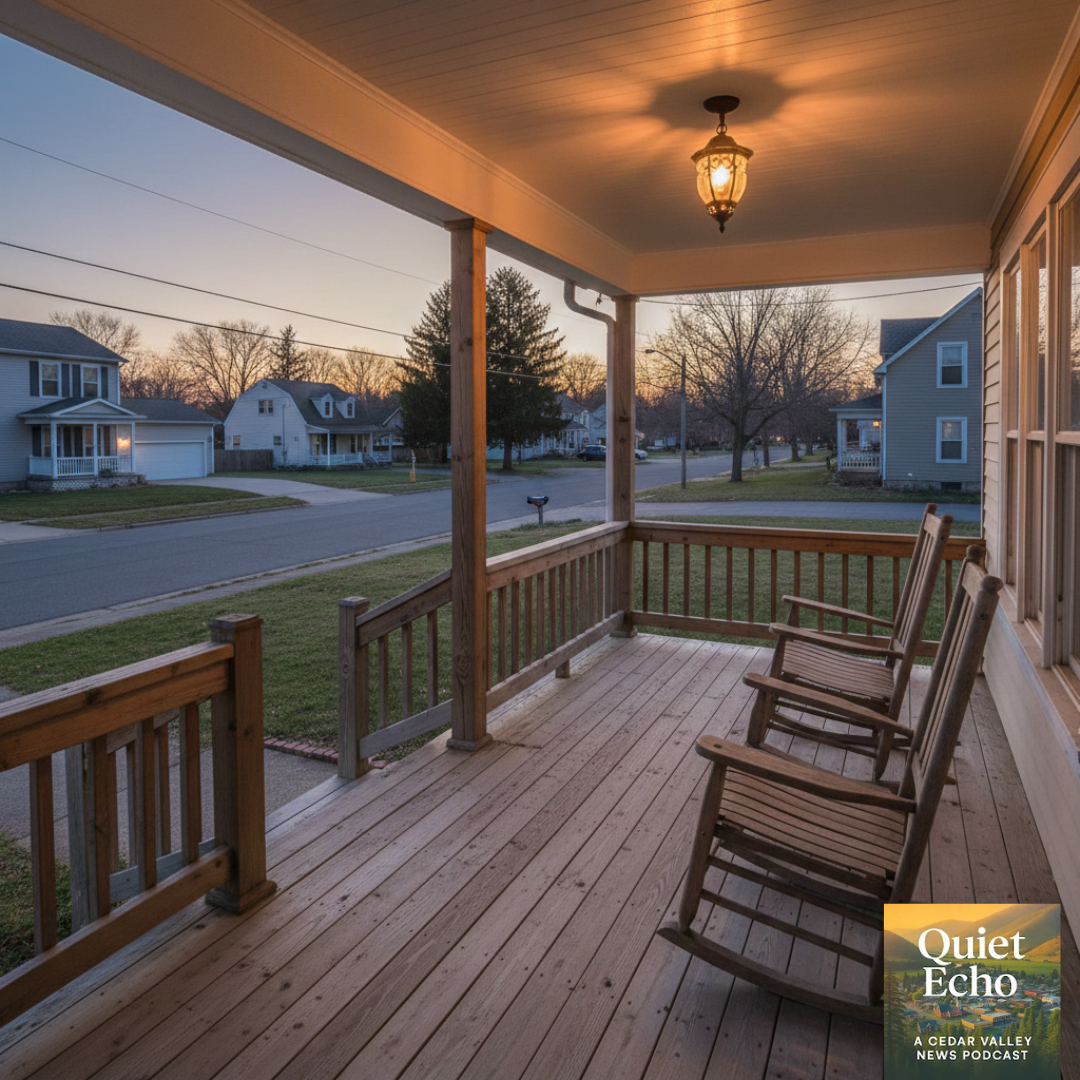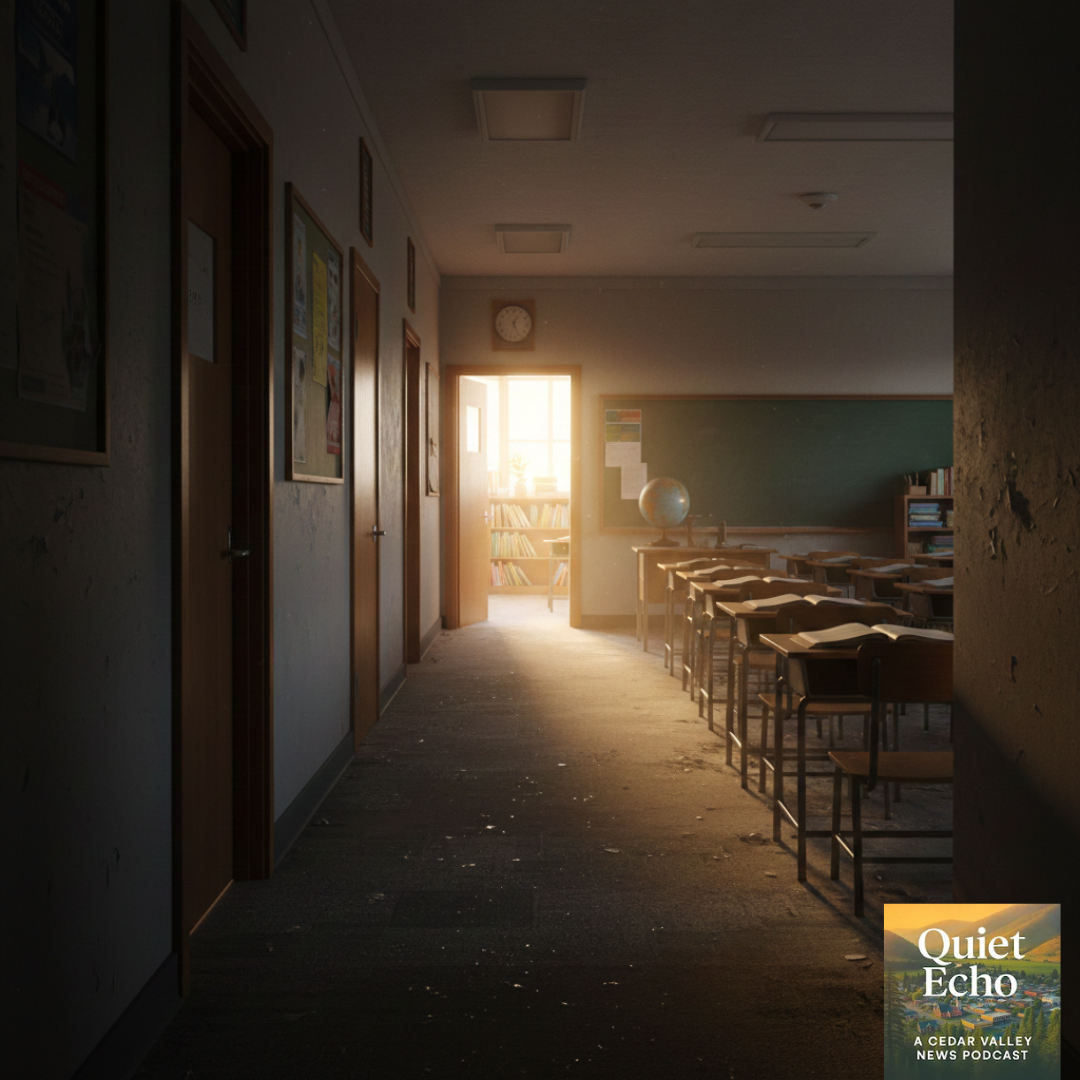New
New
Articles
When Both Sides Feel the Pinch
When Both Sides Feel the Pinch By: Lars Olson From the fictional town of Cedar Valley, where characters from Quiet …
When a Paid-Off Home Still Feels Like a Monthly Bill
When a Paid-Off Home Still Feels Like a Monthly Bill By: Caleb Mercer From the fictional town of Cedar Valley, …
After the Mandate Falls, Confusion Remains
After the Mandate Falls, Confusion Remains By: Teresa Nikas From the fictional town of Cedar Valley, where characters from Quiet …
When Readers Reveal the Power of Honest Writing
Influence often reaches a writer from directions no one anticipates. Words leave a desk quietly, yet they return through the …
Questions a Quiet Town Can’t Ignore
Cedar Valley News – November 29, 2025 Questions a Quiet Town Can’t Ignore By: Teresa Nikas From the fictional town …
After Thanksgiving
The day after Thanksgiving is always quieter. The plates have been washed, the chairs are empty again, and the house …
The Cost of Being Invisible
Every week, authors reach out with the same quiet confession. They love their work, they believe in their message, they …
A Harvest Lesson America Nearly Forgot
Cedar Valley News – November 28, 2025 A Harvest Lesson America Nearly Forgot By: Dan Larson From the fictional town …
A Thanksgiving Table Under Strain — And the Quiet Hope at Home
A Thanksgiving Table Under Strain — And the Quiet Hope at Home By: Chloe Papadakis This Thanksgiving, many American families …
When Waste Quietly Drains Our Schools
When Waste Quietly Drains Our Schools By: Teresa Nikas, Editor From the fictional town of Cedar Valley, where characters from …
When Small Town Budgets Forget Small Town People
When Small Town Budgets Forget Small Town People By: Lars Olson From the fictional town of Cedar Valley, where characters …
When Quiet Words Move a Life Forward
Some moments in publishing arrive without ceremony. No spotlight. No celebration. Only a small envelope on a desk, opened during …












